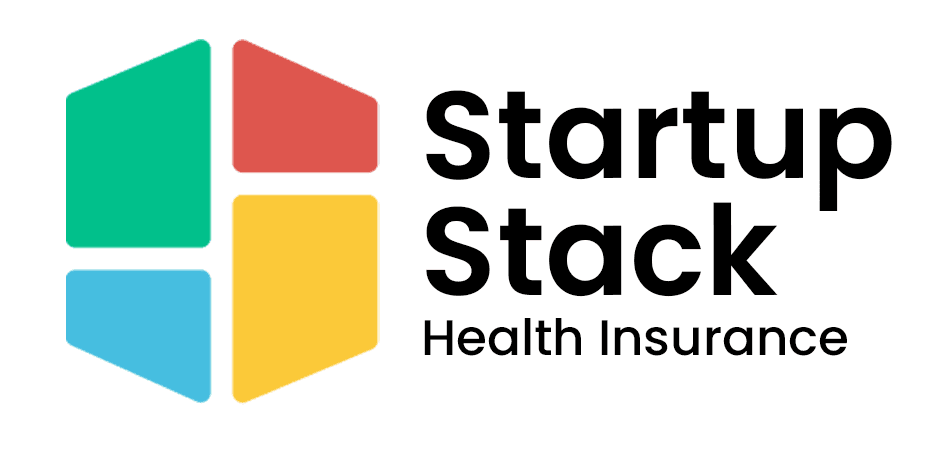Jonathan Engle
10 Minute Read

Our Process with Insuring Founders, Business Owners, and Self-Employed Individuals (1099s)
Part 1: ACA for Founders, Business Owners and Self-Employed Individuals
There’s a very common belief that once you quit your job, benefits are going to suck. Health insurance is going to cost an arm and a leg. This is understandable. The culture in the USA is built around employer-offered health coverage. We expect benefits to come with a job, so when we quit our job, it feels like the end of the world.
These beliefs are half true. What we’ve found is that on your own, it’s going to be rough. It is definitely more complicated than taking benefits from your employer. There are more factors to consider than previously. However, what you give up in simplicity you gain in flexibility, control, and strategy. This is why working with an expert brokerage that knows what startup founders and business owners are going through is crucial.
Let’s put it into perspective regarding the most common health insurance provider: the Federally Facilitated Marketplace (aka Obamacare, ACA, the Marketplace, etc.). There are only a few variables that go into the coverage you can get. They are
Zipcode
# of household members
Income
Can you guess which of these we can control? No, we’re not going to tell you to move geographically to improve your rates. And we’re not going to tell you to have more kids just to get more subsidies on your coverage. So what’s left? Income.
If you’re a W-2 employee, then this number is really boring. But if you’re self-employed in some form, this number is your income AFTER business expenses. This is after your business expense, not your personal expenses. This seems simple, but any good CPA will work with you to optimize your tax strategy so that you show less income. This will increase your potential eligibility for subsidies as you apply for health coverage.
Here’s an example (anonymized for privacy’s sake, but based on a true story). I know a self-employed individual with a large family of 6 household members that has been uninsured for years. Their web development consulting makes $220k+ every year. If you put that gross revenue number down, then they’d pay well over $1,800/month on just health insurance for their family. That’s before we add any dental, vision, accident, or life insurance.
However, this business owner has an aggressive tax strategy supported by their CPA and appropriate accounting. Their income after expenses is somewhere around $60k/year. They write off a lot of expenses. Because of this, when we put their income number in the system, they can get their family a Silver or Gold health insurance plan for <$50/month for their entire family.
This is the power of self-employment. I’ll acknowledge outright, it takes more work than just signing up for what your employer offers. You need a tax strategy. You need to consider all your options. But if you put in the work, with our help and that of our tax strategists, you can enjoy amazing coverage and the peace of mind that comes with it.
